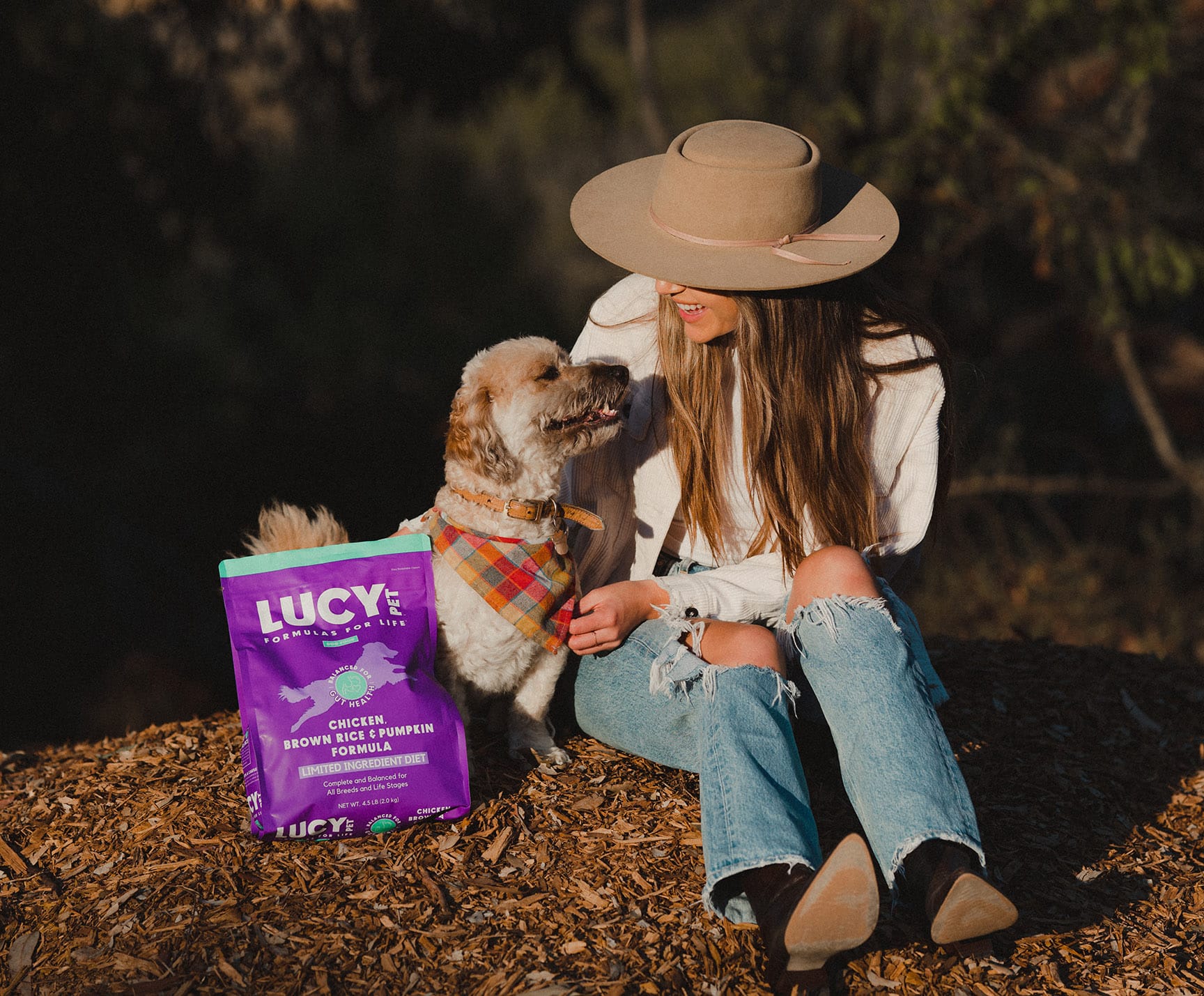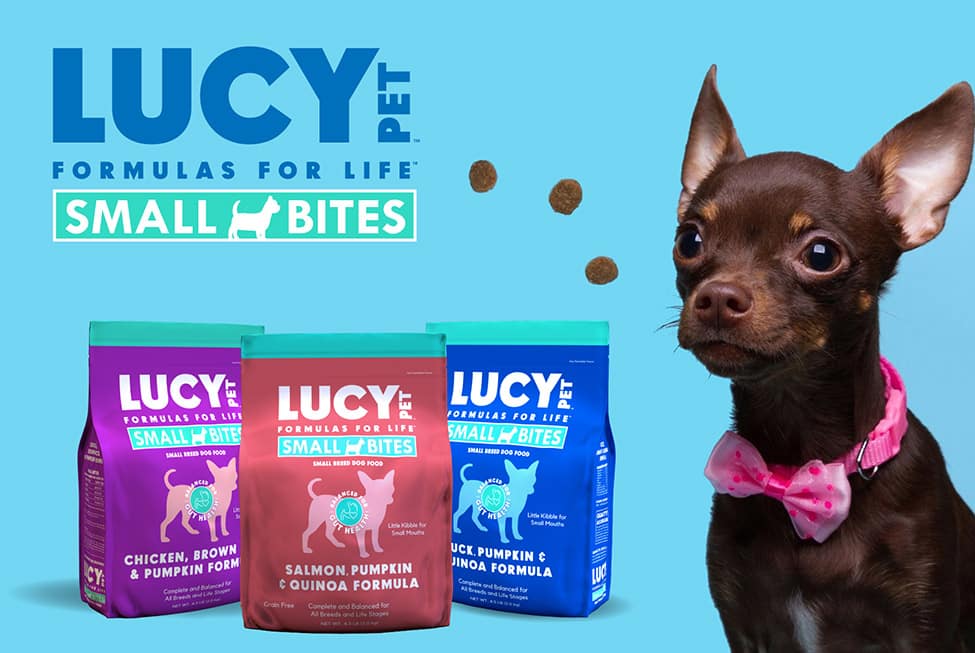
Adored by herdsmen, police squads, and household pet owners alike, the German Shepherd breed is one of the most well-liked and well-recognized dog breeds. And it’s no wonder why; these regal creatures are full of love and life. German Shepherd Dogs (GSDs) are cherished for their agility, playfulness, intelligence, extreme loyalty, and protective instincts.
While the breed’s great character makes a German Shepherd the ideal canine companion, properly caring for one involves understanding its distinct needs. GSDs are known for having digestive issues and needing a lot of exercise. A healthy diet is thus an absolute necessity for GSDs, who need the energy to support their active manner and the appropriate nutrients to accommodate their sensitive tummies.
Understanding Nutrition
Your dog’s diet is just as important as your own. In both humans and dogs, a healthy diet is essential for vitality, growth, recovery, bone strengthening, immune support, and more. However, with so many options on the market, it can be difficult to discern which dry and wet food will keep your animal healthiest and happiest. So, what’s the best food for German Shepherds?
When choosing the best dog food for German Shepherds, you’ll want to look out for the following:
- A balanced nutritional profile
- Digestive benefits for proper gut health
- High-quality ingredients
- Good taste
If you are a GSD owner or prospective owner wondering how to feed your fluffy friend, you’ve come to the right place. This guide will delve deep into these considerations and more, outlining the unique dietary requirements of the large breed, as well as helping you keep your dog healthy by offering advice on the best food for German Shepherds.
Balanced Nutritional Profile
German Shepherds are incredibly active and have correspondingly hearty appetites. To sustain their energy and keep them strong and sharp, they will need enough calories as well as a nourishing combination of food groups.
Calories
German Shepherds are considered large breed dogs. On average, a full-grown adult GSD weighs 65-90 pounds. Although a GSD’s caloric needs vary based on weight, as well as other factors like age, sex, and activity level, the target range for dogs of their size tends to be between 1,700-2,400 calories per day.
Females and older, less active GSDs will err on the smaller side, while larger and especially active dogs will need the most calories.
A Well-Rounded Diet
A GSD needs more than just enough calories, though. The best food for a German Shepherd dog is that which not only provides energy, but is also precisely formulated to meet the specific nutritional needs of the breed. Different food groups have various health benefits, and it is important to understand the role each should have in the composition of a GSD’s diet.
Protein
Protein is of the utmost importance. It’s an essential energy source for GSDs and is necessary for lean muscle function, development, and recovery. The Food and Drug Administration (FDA) and the Association of American Feed Control Officials (AAFCO) both recommend high-protein diets for large breed dogs. According to the AAFCO, protein should make up an absolute minimum of 22% of a GSD’s diet.
When it comes to protein, quantity is not the only thing that matters. While a lot of dog food brands boast high levels of protein, many use processed ingredients and animal byproducts rather than real, whole and raw food sources. The best protein for a GSD should come from a quality mix of pure animal meats, fish, and plant proteins.
Healthy Fats
Fats aid in digestion, a critical benefit for a GSD’s sensitive system. Certain good fats also keep a dog’s skin and hair looking tiptop. Incorporating fatty acids like Omega-3s into your German Shepherd’s meal plan will make their sparkling and shiny coat the envy of all dog owners at the local dog park. Omega-3s are also good for brain function.
Carbs and Fiber
Carbohydrates are often misunderstood in the dog food world. While often framed as the black sheep of the food group family, carbs are a necessary part of a balanced diet, because they provide energy for the brain and vital organs to function. They are quicker sources of fuel and, when chosen wisely, can help regulate a dog’s digestion and bowel movements.
Good examples of carbs for GSDs:
- Sweet potatoes
- Quinoa
- Beetroot
- Legumes
- Brown Rice
- Barley
- Chicory root
Some less advisable carbs for GSDs:
- Soy
- Corn
- Wheat
Starches from healthier sources of complex carbohydrates for GSDs because of the breakdown (digest) more slowly and often provide more fiber. Fibers are especially great for German Shepherds, and even similarly for because they are easy for them to get down and promote the movement of food through the digestive tract. Considering that the German Shepherd breed is predisposed to digestive complications, the development of grain-free dog food can be of great advantage to your puppy.
Vitamins and Minerals
Vitamins and minerals are a smaller portion of a GSD’s diet, compared to the protein component, but are imperative to any dog’s health. They support a dog’s joints, immune function, and nervous system, and are found in fruit and vegetable ingredients.
Although they are important, high-quality dog food with all the above food groups supply enough of these nutrients, making supplemental vitamins unnecessary.
Food with Digestive Benefits
German Shepherds have shorter colons than most other dogs their size. As a consequence, they often have more digestive issues, struggle with nutrient absorption, and are at higher risk for gastrointestinal diseases.
Bloat
GSDs can be particularly susceptible to a condition called gastric dilatation-volvulus, more commonly known as bloat. Bloat occurs as a result of gas buildup in a dog’s stomach and can lead to potentially fatal complications.
The best way to prevent this condition in a GSD is by avoiding the following:
- Overfeeding
- Exercise right after eating
- Grain and carb-heavy dog food formulas
Poor Absorption
Due to their short colons, GSDs are thought to have more difficulty reaping all the nutritional benefits of their food. This issue can cause weight loss and is a threat to the animal’s overall health.
One example of an absorption-related disease dogs suffer from is exocrine pancreatic insufficiency.
High-Quality Ingredients
Quality ingredients matter because they have their full nutrients as nature intended to provide overall better nutrition for animals. Some pet food companies cut corners, mislead consumers or just buy lower quality ingredients to save money. Look for brands with high integrity who not only talk about the ingredients they use, but are also transparent about sourcing. If there is nothing to hide, why wouldn’t they be willing to discuss what they use in their foods?
Superfoods for German Shepherds
Always look for foods that start with whole, natural, ingredients. Superfoods like the ones listed below are fantastic choices because they are packed with nutritional benefits:
- Flaxseed – is a wonderful source of fat and fiber for a German Shepherd. Flaxseeds and flax oil are rich in those Omega-3 fatty acids that keep your dog shiny and beautiful. Flax also has anti-inflammatory properties, which makes for healthy joints and prevents arthritis.
- Pre and Probiotics – foster the growth of healthy bacteria in a dog’s gut wall. Prebiotic balanced fiber is a fantastic ingredient to feed a GSD as it stimulates digestive bacteria activity and can improve regularity and quality of stool.
- Plant-based carbs – complex carbs digest more slowly and provide long-lasting energy and to the body. They come from legumes and vegetables and are an excellent fuel source for this energetic breed.
How to Read Dog Food Labels
Understanding the nutritional info on the back of a bag of dog food can get confusing. However, to confirm that your GSD is getting the diverse nutrients it needs at appropriate levels, being able to decipher these text-saturated labels is a valuable skill.
Pet food labels list ingredients in descending order by weight prior to cooking. It is important to remember that no single ingredient is the most important. Some people try to only focus on the first ingredient or the first four ingredients. While these may comprise the highest percentage, it is critical to understand that your dog digests the entire kibble, not just certain ingredients. Therefore read the entire ingredient label to see what is in the full formula.
FAQs
If you’ve ever found yourself in the pet food aisle comparing brand packaging and labels, you’ve probably run into a bunch of repetitive and vague terms and phrases. To make your life easier next time you’re in this situation, here are the answers to some frequent questions about nutrition facts:
What does “complete and balanced” really mean?
The phrase “complete and balanced” indicates that the FDA and AAFCO approve of the nutritional composition of a given dog food. It means that the recipe has a full nutrient profile, such that it could be the sole food in a dog’s diet. The label will also indicate if it is for all life-stages or a specific age or weight of the dog.
What is Kibble?
Kibble is another way of saying dry dog food. It is the most popular kind of dog food and is widely recognized as one of the most nutritious options. Dry food is also great for a dog’s teeth and oral health.
What is a meat meal?
Meat meal is not to be confused with meat byproducts. The term “meat meal” is not bad. Meat meal is real meat that has been dehydrated, which leaves it with a higher concentration of protein. Look for the specific animal protein and never a generic “meat” on the label.
The Best Food for German Shepherd Dog
Now that you have a better understanding of a German Shepherd’s dietary requirements, shopping for dog food will be a breeze. However, if you’re looking for a hint on what brand might meet all the criteria you’ve learned…
Both delicious and nutritious, Lucy Pet Formulas For Life™ is an excellent option for a growing GSD. With a diverse nutritional profile comprised of only the best ingredients and a recipe precisely formulated for gut health, Lucy Pet dog food checks all the boxes in a German Shepherd’s diet.
Point is: if you’re looking for the right type of dog food, look no further.
Sources:
Dogtime. German Shepherd Dog. https://dogtime.com/dog-breeds/german-shepherd-dog
PetCare Rx. HEALTHY EATING FOR A GERMAN SHEPHERD. https://www.petcarerx.com/article/healthy-eating-for-a-german-shepherd/506
American Kennel Club. German Shepherd Dog. https://www.akc.org/dog-breeds/german-shepherd-dog/
Shepped. What Is The Best Dog Food For A German Shepherd? https://www.shepped.com/best-dog-food-german-shepherds/#tab-con-25
FDA. “Complete and Balanced” Pet Food. https://www.fda.gov/animal-veterinary/animal-health-literacy/complete-and-balanced-pet-food
K9 Deb. Top 10 Best Dog Food for German Shepherds – Reviews and Feeding Guide in 2019. https://k9deb.com/best-dog-food-for-german-shepherds/#What_nutrients_do_adult_German_Shepherds_need
Lucy Pet. The Lucy Pet Formulas For Life™ Solution. https://www.lucypetproducts.com/formulas-for-life
Lucy Pet. How does P.B.F. Prebiotic Balanced Fiber™ Work? https://www.lucypetproducts.com/prebiotic-balanced-fiber
Belgian Malinois vs German Shepherd https://www.lucypetproducts.com/blog/belgian-malinois-vs-german-shepherd





Leave A Comment
You must be logged in to post a comment.